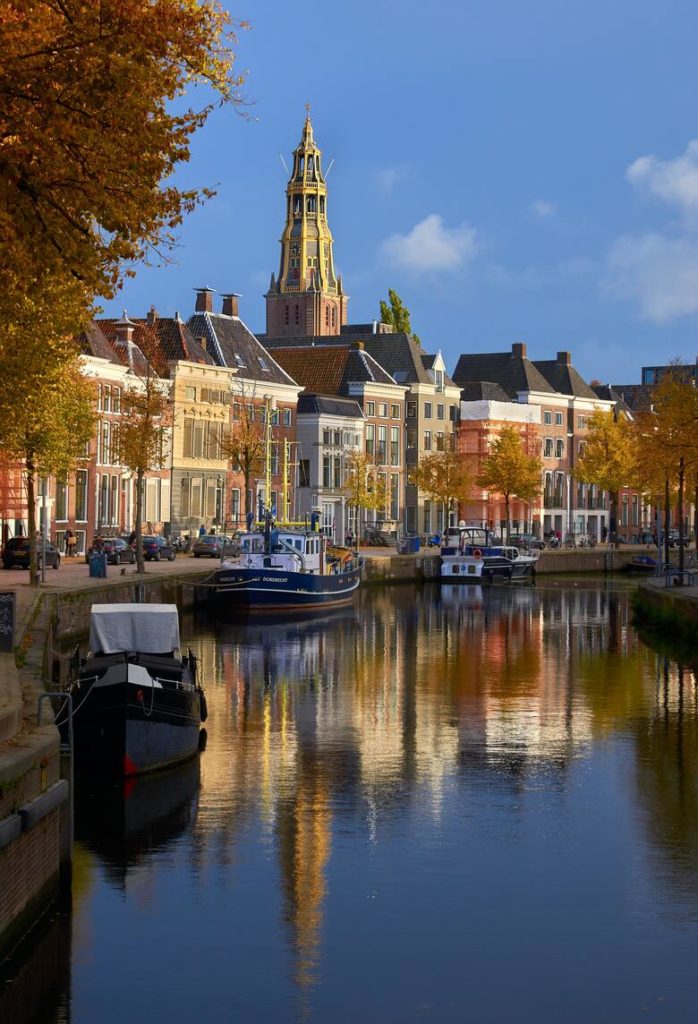If you’ve lived in the country for a while, you can often choose between applying for permanent residency status or becoming a citizen. The right to travel freely across the European Union (EU) and the European Free Trade Association (EFTA—Iceland, Liechtenstein, Norway, and Switzerland) are two additional advantages of holding citizenship.

Citizenship
The 1984 Dutch Nationality Act serves as the foundation for current citizenship law. This explains the prerequisites for obtaining citizenship. Instead of jus soli, the law principally relies on jus sanguinis (citizenship through descent) (citizenship by birth). Accordingly, having Dutch parents grants you greater automatic citizenship privileges than simply being born in the Netherlands.
Additionally, you can become a citizen by following the naturalization process. But only if you’ve resided in the country for a specific amount of time and meet other requirements. Basically, there are three ways to become a citizen:
- Citizenship through birth or descent
- Citizenship through naturalization
- Option procedure – a cheaper, fast-track process that you can follow if you meet certain conditions
By birth or descent
If your parents are not Dutch and you are born in the Netherlands, you are not immediately a citizen. However, if any of the following situations occur, you may be able to claim citizenship by descent:
- You were born before January 1, 1985, to a Dutch father
- You were born after January 1, 1985, to a Dutch mother
- Your non-Dutch mother’s husband or partner at birth or before birth
- If one of your parents was Dutch, your mother or father was too
By naturalization/residence
If you fit the following criteria, you may be eligible to apply for citizenship by naturalization:
- 18 or older (those under 18 must apply for naturalization through a parent)
- Five years as an EU/EFTA citizen or with a valid visa (This requirement has exceptions)
- Unless excluded, you passed the Dutch civic integration exam
- The government does not view you as a threat to national security or public order
- If required, you relinquish your current nationality
- You must attend a naturalization ceremony on December 15 if you’re 16 or older
Required document
You should contact your local municipality if you want to apply for naturalization to become a Dutch citizen. The following must be provided in either Dutch, English, French, or German:
- Valid passport or travel ID
- Dutch residence permit (if you are a non-EU/EFTA national)
- Birth certificate
- Civic integration certificate, unless exempt
- No severe crimes on your criminal record that could endanger national security
This application costs €200, or €22 for those under the age of 18. The combined application will cost you €342 if you apply with a partner. Applications for citizenship under the option method receive decisions significantly more quickly than regular naturalization applications, typically in less than 13 weeks.
Passports in the Netherlands
You can apply for a passport if you become a Dutch citizen (currently ranked 9th on the Arton Capital Global Passport Index). If you reside outside of the Netherlands, you can apply for a passport at a Dutch embassy or consulate.
Currently, an adult passport costs €75.80, while a child passport costs €57.30. If you apply from abroad, the fees are greater.


